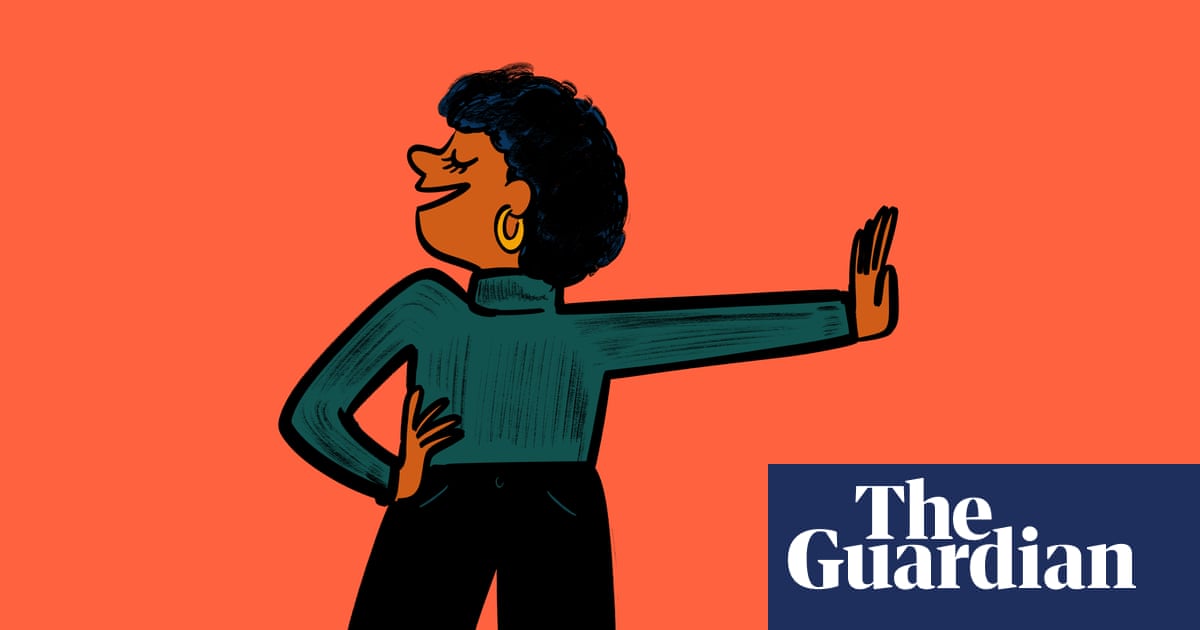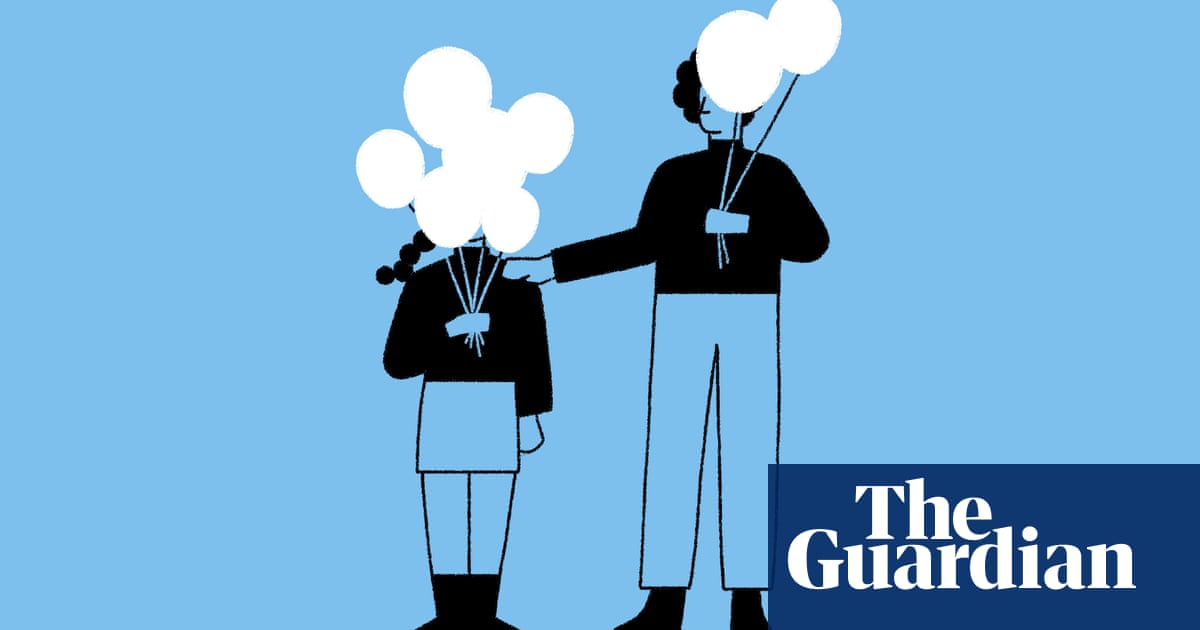
he twin gods of conquering the post-lunch slump are caffeine and sugar. But such pick-me-ups are temporary: while a syrupy latte will help you power through until dinner time, you may well end up lying awake at 3am, staring at the ceiling. What if there were a way to have more energy that wasn’t unhealthy, addictive or expensive? (Those takeaway coffees add up.) Here, some experts weigh in.
Get moving
“Use exercise to nourish you, not punish you,” says Sarah Russell, a clinical exercise specialist who works with people with cancer. “Find a way to move that will give you energy, rather than using exercise to tire yourself out.”
To find motivation to get moving, even when you are feeling worn out or low, Russell encourages her clients to focus on achievable goals. “Even 10 minutes of movement will energise you,” she says. “Push away those images the fitness industry is always trying to sell you, of people in Lycra with weights or out running. Do some stretching, if you feel up to it. Because something is always better than nothing – and it will always lead to more.”
Carbohydrates are your friend
“The main reason people struggle with low energy is because they’re either not eating enough throughout the day or they’re not eating enough carbohydrates,” says Priya Tew, a registered dietitian. Contrary to what diet culture teaches us, carbohydrates are not the enemy. “Carbohydrates provide us with glucose, which is the body’s preferred energy source,” says Tew. “You want to balance the energy coming from carbohydrates by eating protein and healthy fats, too, as this helps stabilise your energy levels, giving you more lasting energy over the day.” This is all to say: pass the lockdown sourdough.
Check your iron levels
Iron deficiency, also known as anaemia, can cause symptoms including tiredness, lack of energy and shortness of breath. It is more common in women, often due to heavy periods or pregnancy, and can be treated by changes to your diet. Include more dark-green leafy vegetables, iron-fortified cereals and pulses, as well as iron supplements, if necessary. “It’s always a good idea to have your iron levels checked by a doctor if you’re feeling fatigued,” Tew says.
Same goes for vitamin D
“The first sign of vitamin D deficiency can be fatigue,” says Tew. “So do take a vitamin D tablet in winter if you feel you may be deficient.” In April 2020, Public Health England recommended that Britons take a daily dose of vitamin D, as a result of the public’s reduced exposure to the sun during lockdown.
Be wary of sugar highs
Look, sugary snacks work: you do feel more awake afterwards. But a doughnut a day will certainly not keep the doctor away. “High-sugar foods will give you an initial surge in energy, but then your energy levels will plummet down,” says Tew. “I call it the blue Smartie effect.”
Instead, “focus on eating balanced meals and snacks with fibre-rich wholegrains, carbohydrates, proteins, fruit and vegetables, plus healthy fats,” says Tew. “The B vitamins found in wholegrains will help you release energy from foods.” Also, avoid alcohol. “It will make you feel tired the next day as your body processes it,” says Tew.
Go outside
Research from the University of Rochester, published in the Journal of Environmental Psychology, has found that spending time outside in nature can have a powerfully invigorating effect. “When people walk out in nature, they get a boost in vitality or energy,” says Prof Richard M Ryan from the university. “This brighter mood lasts for longer and has a more powerful effect than things like drinking coffee or eating chocolate.”
Crucially, you need to be engaged with nature when out walking in it. “You can’t be on your mobile phone,” says Ryan. “You need to allow yourself to be immersed in the world around you.” But the walk doesn’t have to be long – just 10 minutes will have a rejuvenating effect for several hours. “A lot of us feel draggy in the day and reach for that cup of coffee,” says Ryan. “But the evidence shows that we would be better served by taking a break and walking outside.”
Don’t slam yourself in the gym
“People often beat themselves up if they feel like they’re not doing hard enough workouts,” says Russell. “And then they end up not doing anything at all.” The best exercise routine is a consistent one. “If people are struggling to find energy to exercise, it becomes a vicious circle,” says Russell. “They lose more muscle and become less active – and even more lethargic.”
Russell recommends home-based strength work, such as chair squats or bicep curls using small hand weights (or tins). Pilates is also a great way to strengthen your core without having to pay for expensive equipment; there are plenty of free YouTube videos online. Above all, Russell says, “find the exercise that works for you”.












